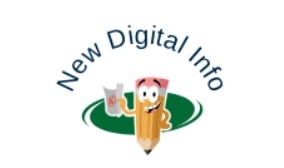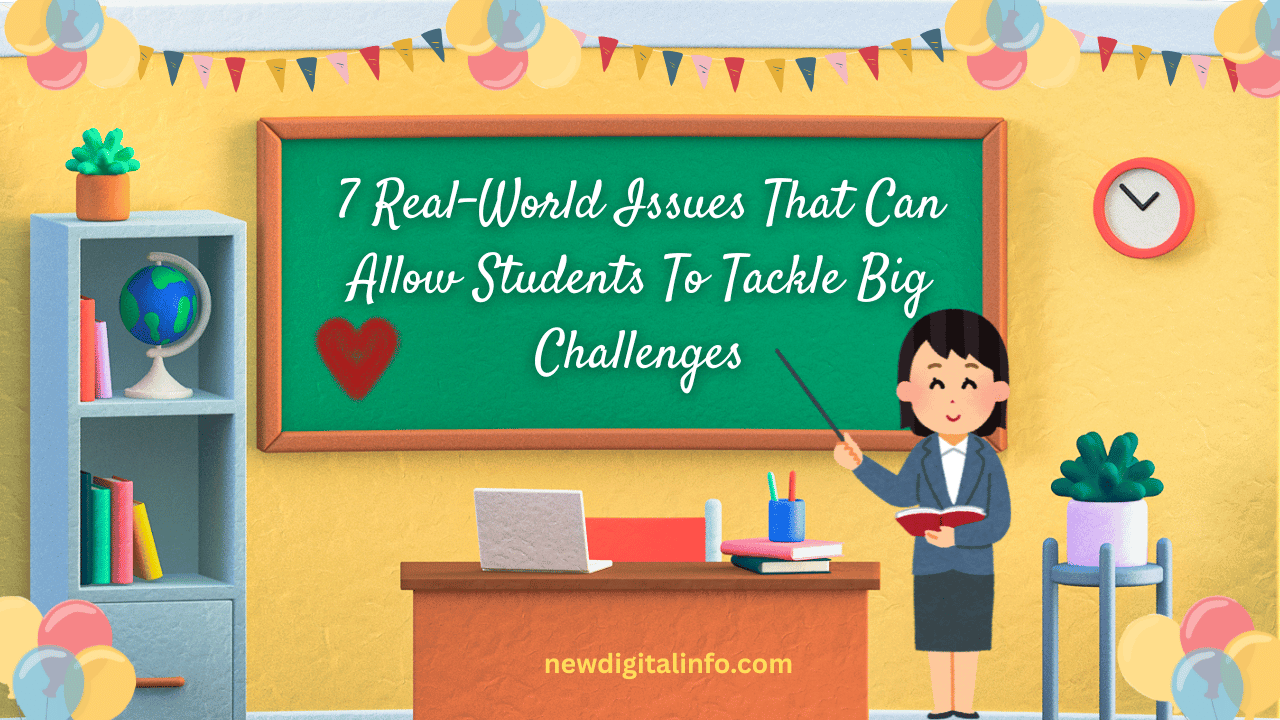In today’s fast-paced and ever-evolving world, students are not just learners—they are problem solvers, innovators, and future leaders. When students engage with real-world issues, they gain practical experience, critical thinking skills, and a deeper understanding of global challenges. Addressing such issues allows them to apply academic knowledge while developing empathy, collaboration, and leadership.
Here are 7 real-world issues that can allow students to tackle big challenges and prepare them for a brighter future.
1. Climate Change and Environmental Sustainability
One of the most urgent global issues, climate change demands fresh ideas and innovative solutions. Students can work on projects like reducing plastic use, promoting recycling in schools, developing green energy models, or even launching awareness campaigns.
Skills Developed: Research, activism, scientific thinking, teamwork
Impact: Builds a generation of eco-conscious individuals ready to protect our planet.
2. Mental Health and Wellbeing
Mental health has become a growing concern among youth. Students who participate in initiatives promoting emotional wellbeing—such as peer support groups, mental health awareness events, or mindfulness clubs—can make a difference both in their lives and in others’.
Skills Developed: Emotional intelligence, empathy, communication
Impact: Fosters a culture of support, reducing stigma and improving mental health awareness.
3. Poverty and Economic Inequality
Understanding poverty can be eye-opening for students. Engaging in food drives, volunteering at shelters, or organizing charity events empowers students to contribute to their communities and understand the importance of economic justice.
Skills Developed: Social responsibility, leadership, project management
Impact: Encourages compassion and a sense of duty to help others.
4. Access to Education
Many children around the world still lack access to quality education. Students can create tutoring programs, donate books, or build educational apps to support underprivileged learners.
Skills Developed: Teaching, creativity, innovation
Impact: Promotes equal opportunities and reduces educational gaps.
5. Technology and Digital Literacy
The digital divide is a pressing issue. By teaching tech skills, building simple websites, or developing solutions for digital learning, students help bridge the gap and bring more people online.
Skills Developed: Programming, problem-solving, digital communication
Impact: Encourages technological empowerment and readiness for the digital future.
6. Gender Equality and Social Justice
Students can challenge stereotypes, host awareness workshops, or participate in campaigns supporting equality and human rights. Tackling social justice issues helps them understand diverse perspectives and work towards a fairer world.
Skills Developed: Advocacy, critical thinking, inclusivity
Impact: Promotes fairness, equity, and awareness of global human rights issues.
7. Health and Nutrition
Access to healthcare and nutritious food is still limited in many communities. Students can create awareness programs about healthy eating, hygiene, and exercise, or volunteer in health camps and food banks.
Skills Developed: Health education, communication, planning
Impact: Builds awareness around healthy lifestyles and community care.
Conclusion
Empowering students to engage with real-world issues not only enhances their learning experience but also prepares them to be active, responsible global citizens. From climate change to digital literacy, each challenge offers a unique opportunity for students to step up, innovate, and lead.







